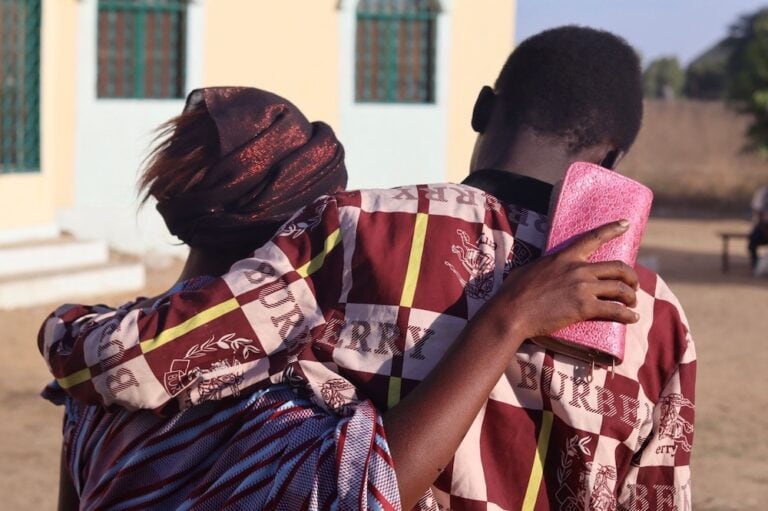"Prison sentences for journalists have not disappeared. They have been eliminated in one place but reappeared in another," RSF said.
(RSF/IFEX) – Reporters Without Borders regrets that Chad’s national assembly passed a media bill on 18 August 2010 that the government resubmitted at the start of the month and urges President Idriss Déby not to sign it into law because it would still allow journalists to be imprisoned.
“The Chadian authorities claim to have taken a big step forward by decriminalising press offences but no one is fooled,” Reporters Without Borders said. “Prison sentences for journalists have not disappeared. They have been eliminated in one place but they have reappeared in another.”
The press freedom organisation added: “If this law is promulgated by the president and goes into effect, it will leave a permanent threat hanging over Chad’s journalists and news media. What the government has given with one hand, it has taken away with the other.”
Adopted by 82 votes for, 2 against and 11 abstentions, the new law suppresses its predecessor’s provisions for prison sentences for insults and defamation and the crime of insulting the president, but it introduces sentences of 6 to 12 months in prison, fines of 100,000 to 1 million CFA francs (150 to 1,500 euros) and a publication ban of up to six months for inciting racial or ethnic hatred and “condoning violence.”
“This last provision is insufficiently clear and leaves room for broad interpretation that can be used against journalists,” Reporters Without Borders said.
Michaël Didama, the chairman of the Association of Privately-Owned Press Publishers, told Reporters Without Borders: “We have taken one step forward and three steps back. We are very concerned about article 47 and the subsequent articles – on inciting racial or ethnic hatred or condoning violence – because they could send us to prison.”
Describing the new law as “balanced,” government spokesman and communication minister Kedalla Younous Hamid said: “It decriminalises press offences while making journalists responsible. That is a step forward for democracy.”
But “Ndjamena Bi-Hebdo” editor Jean-Claude Nekim insisted: “The introduction of the new penalty of publication bans for newspapers is a death sentence for the press.”
The new law was rejected by the national assembly on first reading in June.


